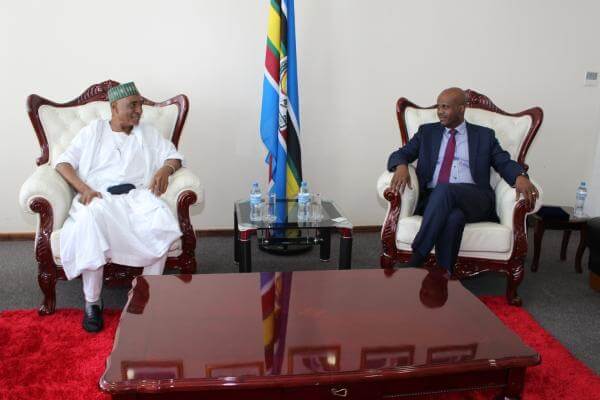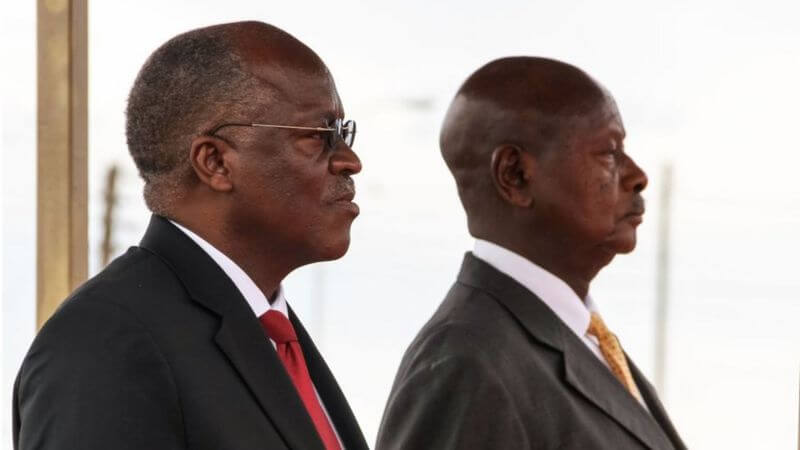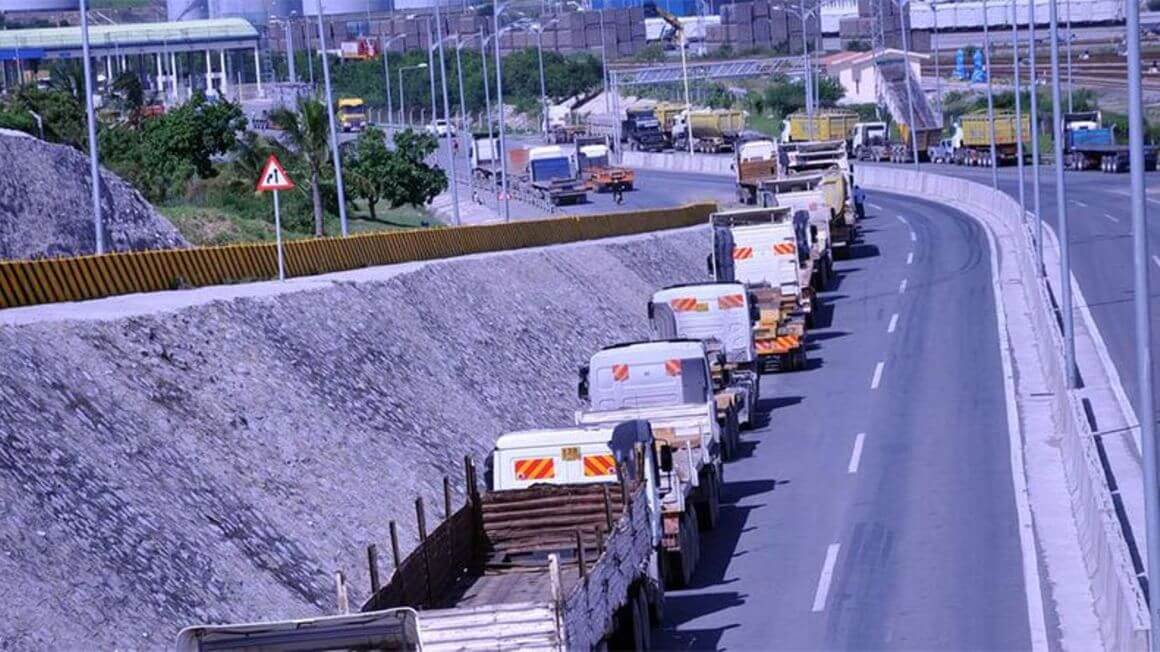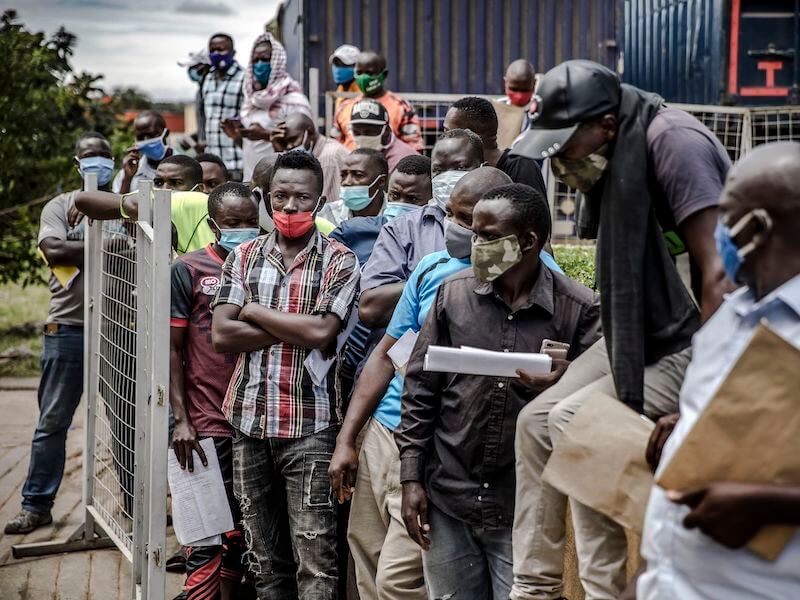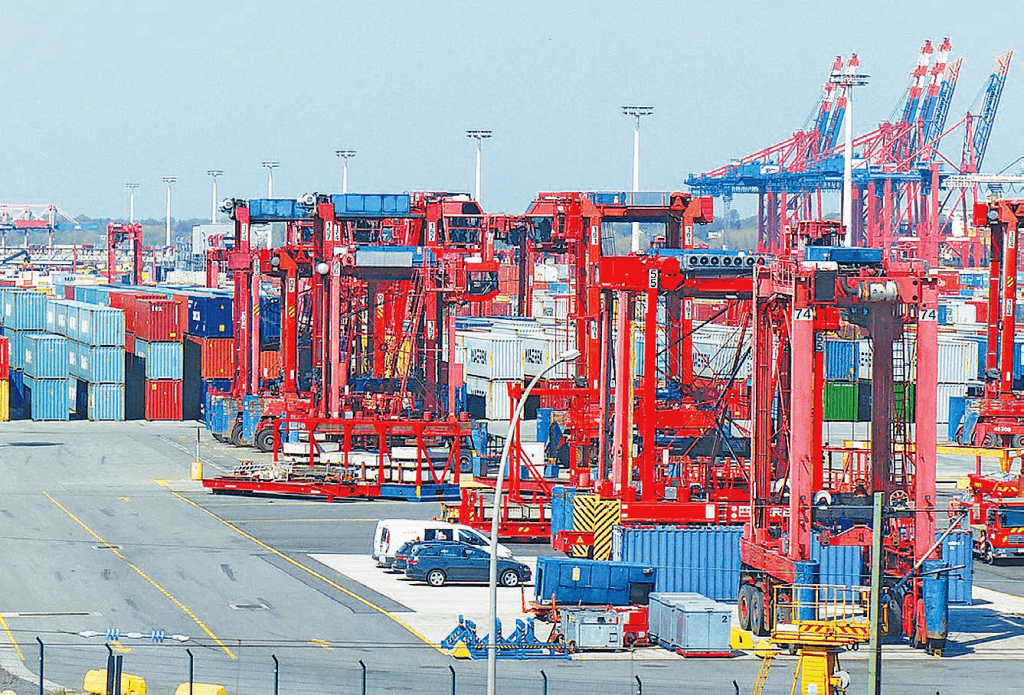Summary Trade is a force for good. So, when we see the trend towards protectionism, we should all worry. The world is at a crossroads, on matters trade. Everywhere, more measures are being taken to ‘protect’ domestic economies from ‘unfair’ competition. And these is often playing well with domestic audiences, encouraging those in charge to double down and do more of the same. If you doubt this, here’s a startling fact: In 2009, following the financial crisis, only 0.7 per cent of imports into G20 countries faced new restrictive measures, a figure which by 2019 had risen to 10.3 per cent. In short, some of the world’s richest countries are raising barriers to markets access for some of the poorest. Trade is a force for good. If you doubt this, ask any South Korean of a certain age, working women in Bangladesh, someone now in their 50s in many parts of China, many living in states that were part of the former Soviet Union, across swathes of Latin America, and in parts of north, east, west and southern Africa and many other parts of the globe. So, when we see the trend towards protectionism, we should all worry. There are still billions of people in the global South as yet left untouched by the benefits of the ability to trade more widely than their own domestic markets, and billions more who have taken steps along the trading path whose progress is threatened. Of course trade is not a panacea, far...


